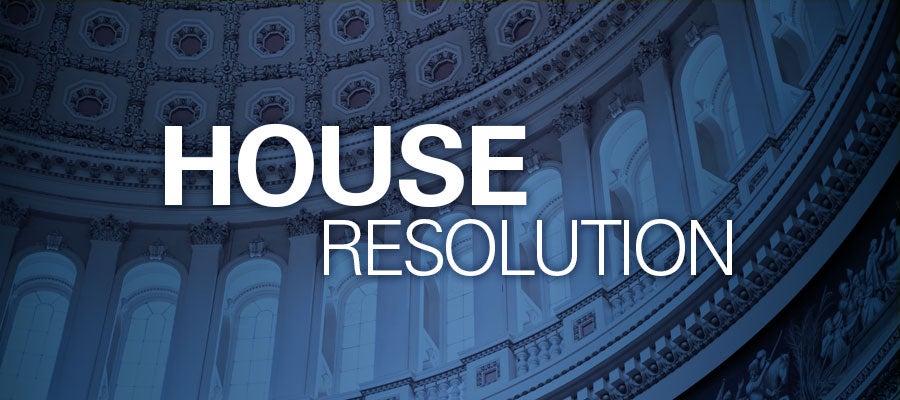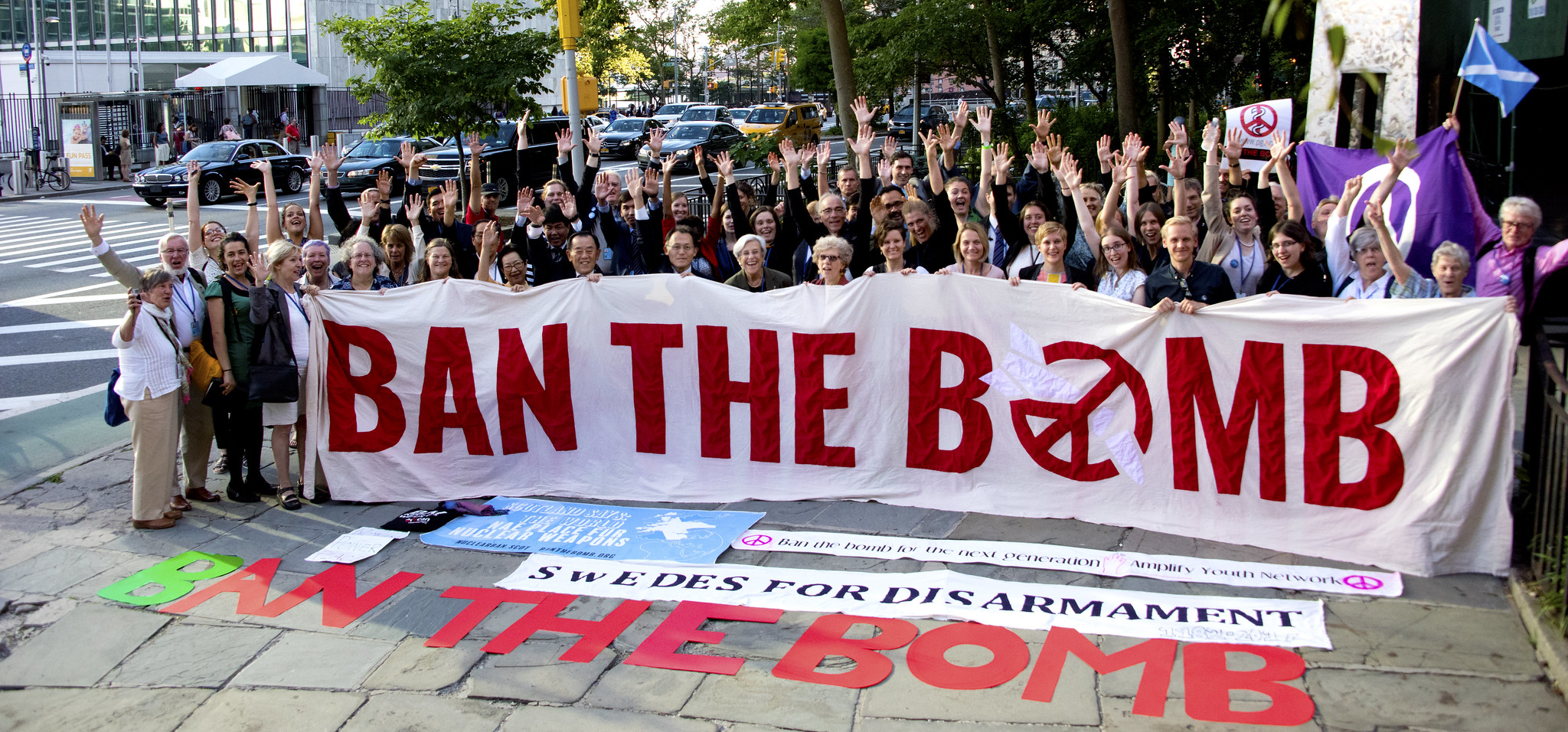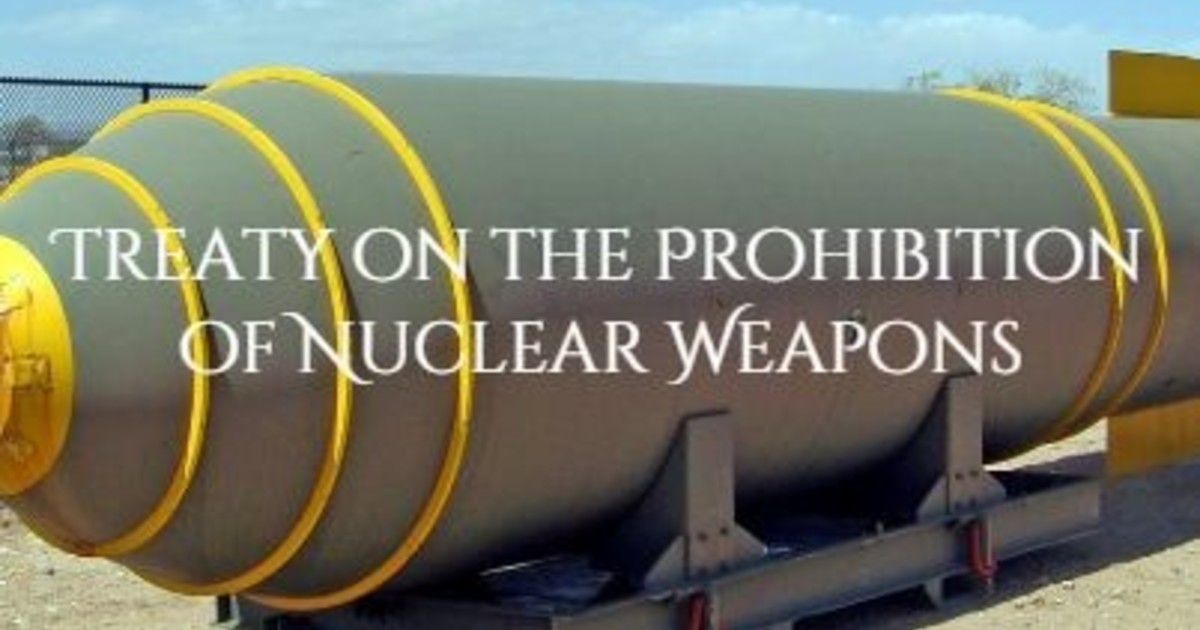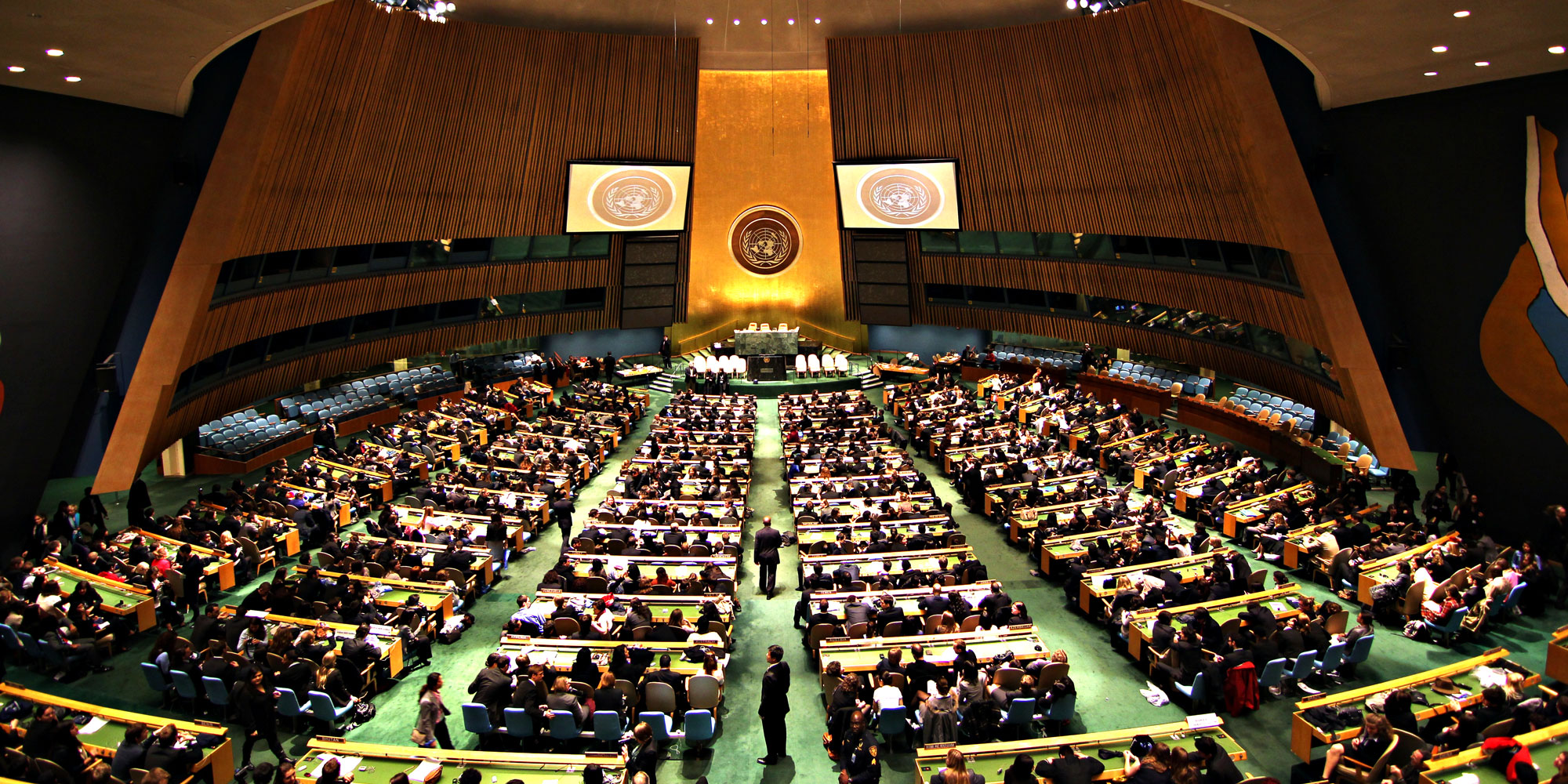Kai Bird Presses for Bill in US Congress
to Abolish Nuclear Weapons and War
NuclearBan.US and Warheads to Windmills
NEW YORK (August 16, 2023) – Kai Bird, co-author of American Prometheus: The Triumph and Tragedy of J. Robert Oppenheimer, the Pulitzer Prize-winning book on which Christopher Nolan’s Oppenheimer movie is based, issued the following statement endorsing a bill by Congresswoman Eleanor Holmes Norton (D-DC), the Nuclear Abolition and Conversion Act, H.R. 2775:
“My book chronicles the birth of the nuclear age. Since the first nuclear testing and bombing in 1945, the man-made nuclear danger has continually increased. Now, today’s 13,000 atomic weapons are unthinkably destructive, indiscriminate, climate-altering devices that can be unleashed by design, by sabotage, or by accident.
“Therefore, I strongly endorse Congresswoman Norton’s Nuclear Abolition and Conversion Act, H.R. 2775. The bill calls for the US to sign the Treaty on the Prohibition of Nuclear Weapons as a first step to safely, fairly, verifiably eliminating all nuclear weapons from all countries, and eventually converting the nuclear weapons jobs, brainpower, money, and infrastructure to genuine climate solutions and other pressing human needs.”
“Kai Bird is keenly aware of how the nuclear arms race started, and where it has taken us,” said Vicki Elson of NuclearBan.US. “He has said that ‘humanity missed a crucial opportunity at the outset of the nuclear age’ to eliminate the risk of nuclear catastrophe. But with this new movie reminding us of the urgency, and the Nuclear Ban Treaty offering a sensible pathway to global disarmament, maybe it’s not too late.”
The bill’s original co-sponsors are Rep. Jim McGovern (D-MA), Rep. Ilhan Omar (D-MN), Rep. Raul Grijalva (D-AZ), Rashida Tlaib (D-MI), and Mark Pocan (D-WI).

House Resolution 2775
To direct the United States to sign the Treaty on the Prohibition of Nuclear Weapons and convert nuclear weapons industry resources and personnel to purposes relating to addressing the climate crisis, and for other purposes.
IN THE HOUSE OF REPRESENTATIVES
(April 20, 2023) — Ms. Norton (for herself, Mr. McGovern, Mr. Grijalva, Ms. Omar, Ms. Tlaib, and Mr. Pocan) introduced the following bill; which was referred to the Committee on Foreign Affairs, and in addition to the Committee on Armed Services, for a period to be subsequently determined by the Speaker, in each case for consideration of such provisions as fall within the jurisdiction of the committee concerned
A BILL
To direct the United States to sign the Treaty on the Prohibition of Nuclear Weapons and convert nuclear weapons industry resources and personnel to purposes relating to addressing the climate crisis, and for other purposes.
Be it enacted by the Senate and House of Representatives of the United States of America in Congress assembled,
SECTION 1. SHORT TITLE.
This Act may be cited as the “Nuclear Weapons Abolition and Conversion Act of 2023”.
SEC. 2. UNITED STATES ABOLITION OF NUCLEAR WEAPONS AND CONVERSION OF RESOURCES TO ENERGY AND ECONOMIC PURPOSES.
(a) Sense Of Congress.— It is the sense of Congress that the United States should provide leadership by—
(1) signing the Treaty on the Prohibition of Nuclear Weapons; and
(2) ratifying such treaty when it is clear that ratification will result in —
(A) the dismantlement and elimination of all nuclear weapons in every country; and
(B) strict and effective international control of such dismantlement and elimination.
(b) Redirection Of Resources.— Beginning on the date on which the President certifies to Congress that all countries possessing nuclear weapons have begun the verifiable and irreversible elimination of such weapons under the Treaty on the Prohibition of Nuclear Weapons, the United States shall redirect resources that are being used for nuclear weapons programs to be used for —
(1) purposes related to addressing the climate crisis, including through the development and deployment of clean, renewable energy sources, by converting all nuclear weapons industry processes, plants, and programs for such purposes and by retraining nuclear industry employees;
(2) addressing human and infrastructure needs, such as health care, housing, education, agriculture, and environmental restoration, including long-term radioactive waste monitoring; and
(3) actively promote policies to induce all other countries to join in the commitments referred to in paragraphs (1) and (2) to create a more peaceful and secure world.

Treaty on the Prohibition of Nuclear Weapons
United Nations Office for Disarmament Affairs
- Negotiating Conference website
- Text of the Treaty (English)
- Text of the Treaty (other Languages)
- Status of the Treaty
- Article 2 Declarations
Treaty Overview
By resolution 71/258, the General Assembly decided to convene in 2017 a United Nations conference to negotiate a legally binding instrument to prohibit nuclear weapons, leading towards their total elimination. The Assembly encouraged all Member States to participate in the Conference, with the participation and contribution of international organizations and civil society representatives.
The Conference took place from 27 to 31 March and from 15 June to 7 July in New York.
The Treaty on the Prohibition of Nuclear Weapons (TPNW) includes a comprehensive set of prohibitions on participating in any nuclear weapon activities. These include undertakings not to develop, test, produce, acquire, possess, stockpile, use or threaten to use nuclear weapons.
The Treaty also prohibits the deployment of nuclear weapons on national territory and the provision of assistance to any State in the conduct of prohibited activities. States parties will be obliged to prevent and suppress any activity prohibited under the TPNW undertaken by persons or on territory under its jurisdiction or control.
The Treaty also obliges States parties to provide adequate assistance to individuals affected by the use or testing of nuclear weapons, as well as to take necessary and appropriate measure of environmental remediation in areas under its jurisdiction or control contaminated as a result of activities related to the testing or use of nuclear weapons.
The Treaty on the Prohibition of Nuclear Weapons was adopted by the Conference (by a vote of 122 States in favour, with one vote against and one abstention) at the United Nations on 7 July 2017, and opened for signature on 20 September 2017. Following the deposit with the Secretary-General of the 50th instrument of ratification or accession of the Treaty on 24 October 2020, it entered into force on 22 January 2021 in accordance with its article 15 (1).

Treaty Implementation
Meetings of States Parties
Article 8(2) of the Treaty specifies that “the first meeting of States Parties shall be convened by the Secretary- General of the United Nations within one year of the entry into force of this Treaty. Further meetings of States Parties shall be convened by the Secretary-General of the United Nations on a biennial basis, unless otherwise agreed by the States Parties.”
The first Meeting of States Parties was held in Vienna, Austria, from 21 to 23 June 2022. The Meeting adopted a Declaration entitled “Our commitment to a world free of nuclear weapons” as well as the Vienna Action Plan for further implementation of the Treaty.
The Meeting also took a number of additional decisions, including notably the establishment of deadlines for the removal from operational status and destruction of nuclear weapons and other nuclear explosive devices, and their removal from national territories, as required by article 4 of the Treaty. The report of the first Meeting (TPNW/MSP/2022/6) contains a record of all decisions taken at the Meeting.
The second Meeting of States Parties will take place at United Nations Headquarters in New York from 27 November to 1 December 2023. Further information can be found on Meetings Place.

Scientific Advisory Group
By its decision 2, the first Meeting of States Parties established a Scientific Advisory Group to be composed of a maximum of 15 members. The Group has a broad mandate to inform States Parties about developments in scientific and technical fields relevant to the Treaty, including the implementation of article 4 of the treaty, humanitarian consequences and risks associated with nuclear weapons and nuclear disarmament and non-proliferation more widely.
The Members of the Group were appointed on 8 February 2023 and held their constitutive meeting on 1 March 2023. More information about the work of the Scientific Advisory Group can be found on Meetings Place.

Role of the United Nations
By its resolution 72/31 of 4 December 2017, the General Assembly requested the Secretary-General to render the necessary assistance and to provide such services as may be necessary to fulfil the tasks entrusted to him under the Treaty on the Prohibition of Nuclear Weapons.
Under Article 19, the Secretary-General is designated as depository of the Treaty. He is also tasked with the transmission to the States Parties of declarations received pursuant to Article 2 of the Treaty and the convening of Meetings of States Parties and Review Conferences (Article 8).

Background
The initiative to seek a legally binding instrument to prohibit nuclear weapons is an outcome of the discourse centred on promoting greater awareness and understanding of the humanitarian consequences that would result from any use of nuclear weapons.
Renewed interest in the humanitarian impact of nuclear weapons was first manifested in the final document (NPT/CONF.2010/50 (Vol. I)) of the 2010 Review Conference of the Parties to the Treaty on the Non-Proliferation of Nuclear Weapons. In its conclusions and recommendations for follow-on actions, the Conference expressed its deep concern at the catastrophic humanitarian consequences of any use of nuclear weapons and reaffirmed the need for all States at all times to comply with applicable international law, including international humanitarian law.
In 2012, expressing concern about the catastrophic humanitarian consequences of any use of nuclear weapons, the General Assembly adopted resolution 67/56 entitled “Taking forward multilateral nuclear disarmament negotiations”. By this resolution, the Assembly established in 2013 an open-ended working group to develop proposals to take forward multilateral nuclear disarmament negotiations for the achievement and maintenance of a world without nuclear weapons and the open-ended working group reflected its discussion in its report (A/68/514).
A series of three international conferences on the humanitarian impact of nuclear weapons, convened in 2013 and 2014 respectively in Norway, Mexico and Austria, sought to present a facts-based understanding of the short and longer-term effects of a nuclear weapon detonation.
These conferences, which included participation by a large majority of States, the International Committee of the Red Cross and hundreds of representatives of non-governmental organizations, principally coordinated by the International Campaign to Abolish Nuclear Weapons (ICAN), played an important role in building demand for urgent action to advance nuclear disarmament negotiations.

General Assembly Resolutions:
Taking Forward Nuclear Disarmament Negotiations
- A/RES/71/258(2016)
- A/RES/70/33(2015)
- A/RES/69/41(2014)
- A/RES/68/46(2013)
- A/RES/67/56(2012)
Treaty on the Prohibition of Nuclear Weapons
- A/RES/77/54(2022)
- A/RES/76/34(2021)
- A/RES/75/40(2020)
- A/RES/74/41(2019)
- A/RES/73/48(2018)
Reports of the Open-ended working group taking
forward multilateral nuclear disarmament negotiations
- A/71/371(2016) “Taking forward multilateral nuclear disarmament negotiations”
- A/68/514(2013) “Proposals to take forward multilateral nuclear disarmament negotiations for the achievement and maintenance of a world without nuclear weapons”
Reports of the Secretary-General